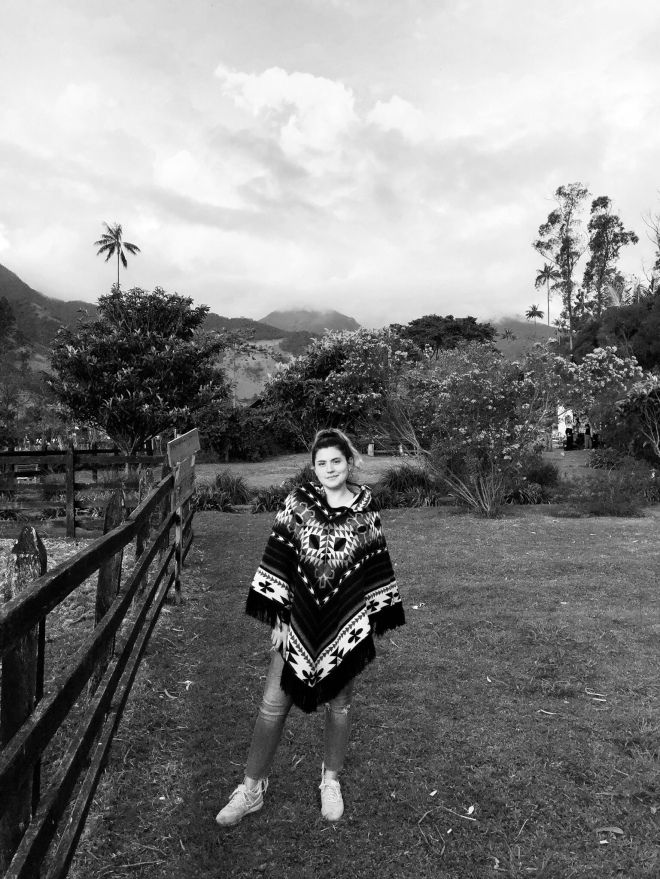The growing consensus seems to be that everybody everywhere takes everything personal all the time, which may yet be true.
The complaint seems warranted with respect to professional comedy where part of what makes a joke funny at all is its irreverence, its breach of political correctness. If a comedian were constantly wanting to avoid offending people, that comedian would likely lose inspiration and give up the whole thing.
Comedy thrives on irreverence. Even so, the best comedians still grasp the basic concept of knowing how to read a room.
When people look at their life and really think about the number of times they’ve been slapped on the wrist by a friend, family member or acquaintance for using the wrong word or making an insensitive remark, is that number actually few and far between?
Is political correctness simply a fact of life, no different from any other form of etiquette that will change depending on where you are in the world? Might the only difference now be that it has a name, and that it’s been stigmatized in the one sphere of public life where it’s probably essential–politics.
I wonder whether people who complain about having their head bitten off for breaching that etiquette, who yearn for some comprehensive, universally agreed upon rubric for what’s ok and what’s not, and who then further expect it to never change, ever again—at least while they’re alive—are simply operating in some other reality; as if anything like that ever existed within the long span of human history and the diversity of cultures that make up this planet, let alone the ones that make up this country.
They’ll mention how it used to be different years ago, how somethings were ok and others were not—as if the ideal history of language and expression is a static one, where things don’t eventually fall out of fashion.
Social change might be a phenomenon but if we can’t accept it, then we might want to find ourselves another planet.
The complaint ignores the fundamental truth that language changes because people change. It ignores the fact that larger, free-thinking societies are quite naturally heterogenous. The bigger they are, the more diverse they will likely become, with each community and sub-community developing their own customs and standards of decorum. Political correctness at the very least seems to represent that basic truth in the matter of how we converse with one another, when each of us comes from a different background and our own sphere of personal experience.
I’ve noticed that people who travel a lot typically have no problem understanding this, because they’ve spent a good amount of time in communities other than their own. They learned to adapt, and often a part of them even enjoys navigating the complexities of different cultures.
They don’t get upset over the fact that they have to learn a new language, they embrace it as an opportunity. If something changes in the country or community they visit and they have to adapt yet again, they don’t dismiss the people as petty and refuse to budge any further.
They are often driven by an appetite for learning new things, and a wonder before all the intricacies of the world and its many points of view.
They don’t get hung up on the possibility of making a mistake here and there, because they’ve already accepted the high probability that they will sooner or later.
However, that leads to another point of discussion.
Could those who are hip to the changing tides of fashion be more polite about it? Is being woke, for example, nothing more than a matter of bragging rights, one that ultimately involves shaming all those who are out of the loop?
I used to complain about political correctness because I’d automatically bought into the notion that these types of people were everywhere and running absolutely wild, even though I never met one. I think it had to do with insecurity. My own fear of making a fool of myself led to a defense mechanism against the enemy I had never actually seen. I think the woke phenomenon is probably motivated by the same fear. Fear of not being hip, being out of step with the times. An outsider.
I don’t think there’s anything necessarily wrong with being ignorant. I think the real pity is either burrowing yourself in your ignorance, or over-compensating in the direction of righteousness or enlightenment, all for the sake of never being wrong and being some kind of insider.
In a way, ignorance is the underlying motivation for why I travel. To learn. And while I like knowing that I can adapt easily enough to changing surroundings, doing that involves a flexibility of perspective, an openness to being wrong every once in a while, and an eagerness to listen.

